These days, some think that nationalism and weapons are the appropriate instruments to create a secure order in a confusing and unstable world. Others trust in the growth of the past years and in the creative power of the free market. Again others seek salvation in religion and in the belief in a superior, protective power. And what does Fairpicture do?
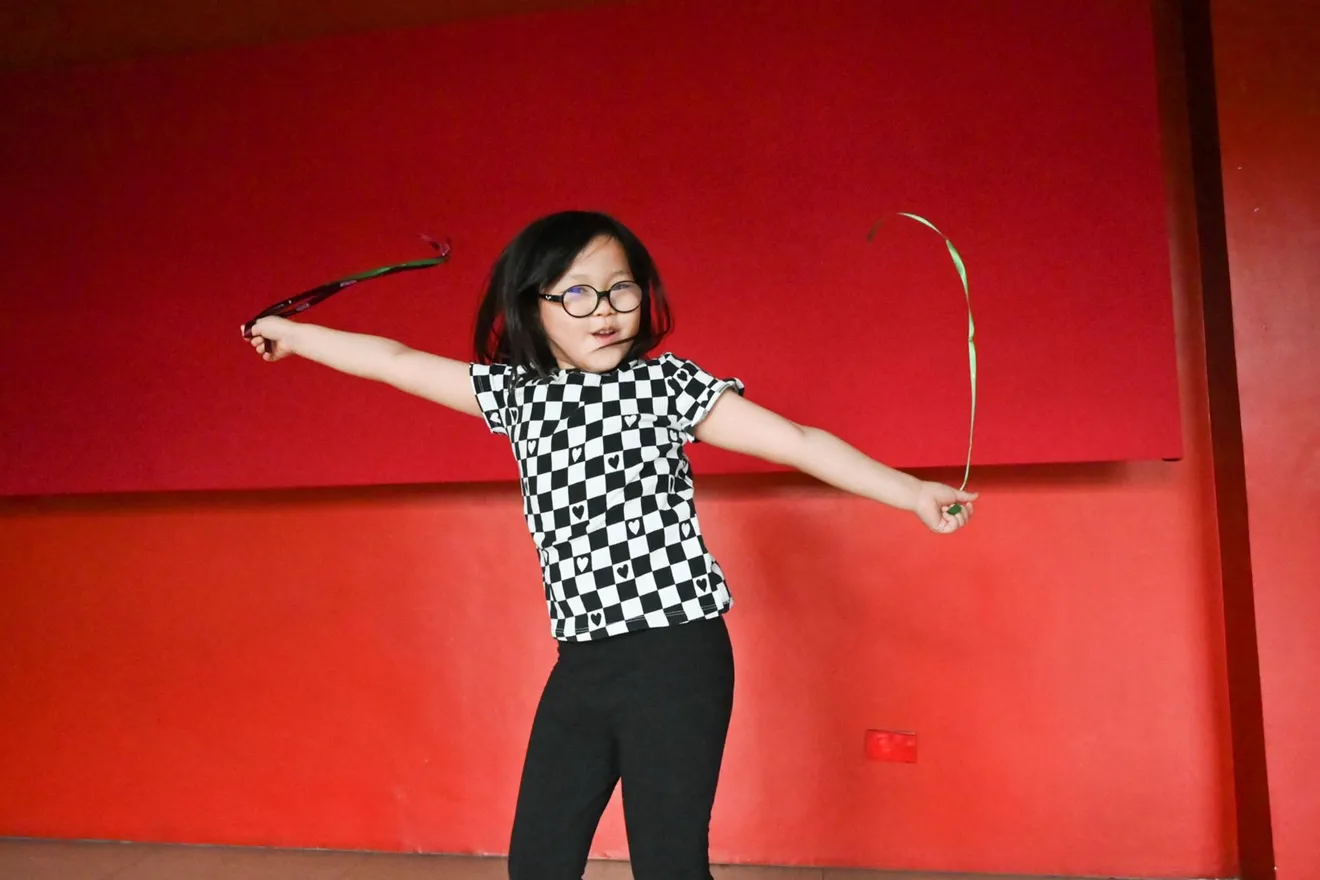
Quezon, Philippines. Marie Gold Villar-Lim, known in her community as an artist and teacher, is also an organizer and social media manager of PETA. In this photo, Gold Lim's daughter Catalina Aurora Lim poses for a photo.
Photo: Alecs Ongcal / Misereor / Fairpicture
Instead, we believe in networks that collectively and quickly develop and implement sustainable solutions. The framework for these networks are the Sustainable Development Goals SDGs, which the member states of the United Nations agreed on in 2015. Are they suddenly irrelevant and outdated by history, now, in March 2022? On the contrary, they are indispensable, given the situation in which the global community finds itself. Of course, we can drop bombs, multiply money or pray all over the world. But this will not save the future livelihoods of our children and grandchildren. If the latest IPCC report on climate change shows one thing, it’s this: time is running against us.
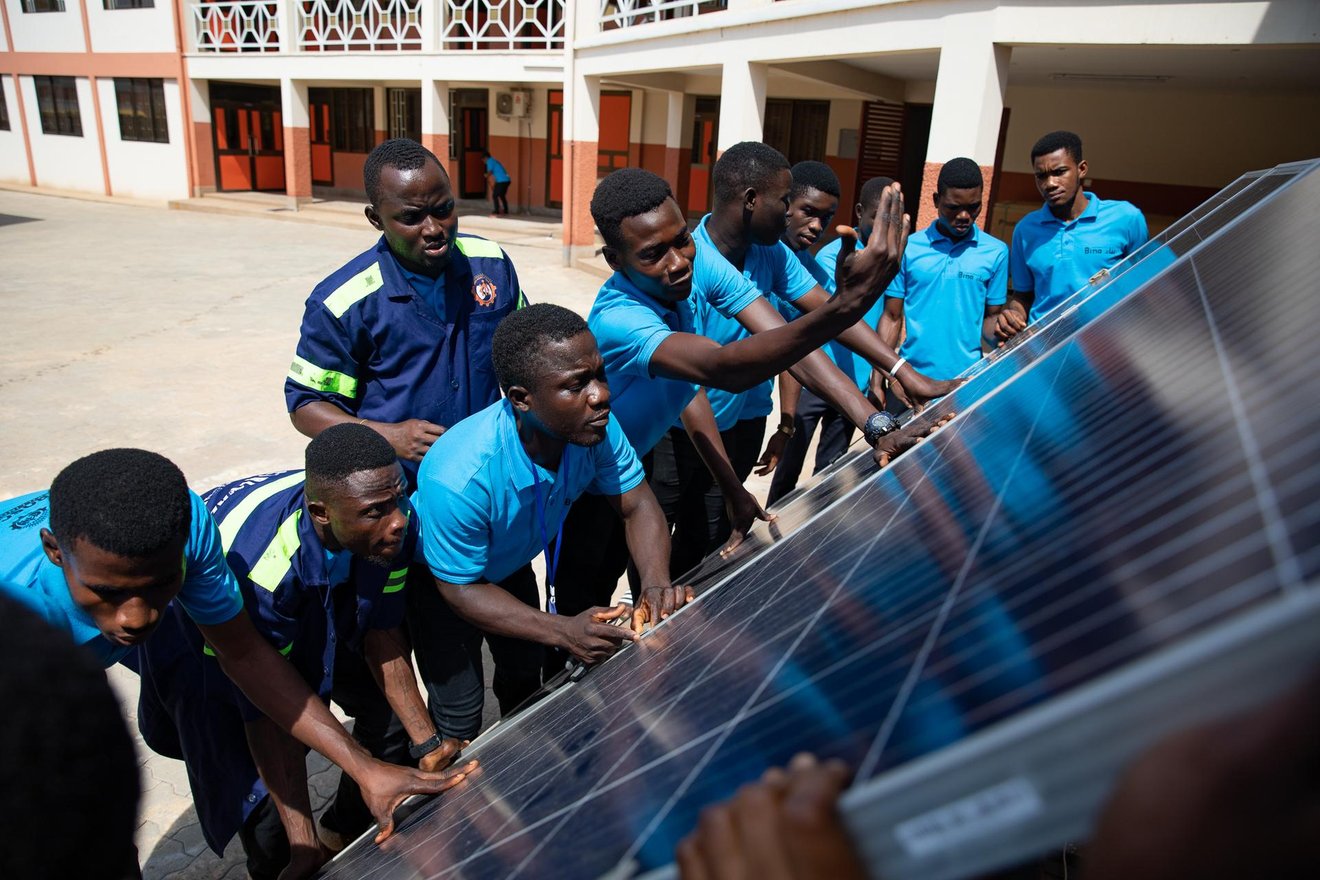
Electrical Engineering students during a hands-on lesson on solar panels at the Solar and Renewable Energy Center of the Don Bosco Technical Institute in Ashiaman, Ghana, on October 8, 2021.
Photo: Nipah Dennis / Arthur Waser Foundation / Fairpicture
Jörg Arnold, Fairpicture
But what does Fairpicture have to do with all this? Quite simply: visual creators play an important role in addressing global challenges. For example, they document the social, political and ecological hotspots of climate change. They visualise complex contexts with their stories of actual people and communities. They report on success stories of people adapting and getting used to their new, often difficult circumstances. They provide insights into realities and destinies that we otherwise carelessly pass by. Their visual material plays a key role in shaping our view of and attitude toward the world. This is because we think in images and cannot be dissuaded from the conviction that photographs and videos depict the events around us as reliable realities. Images create closeness, arouse feelings and promote the viewer's willingness to take responsibility. This is precisely why information wars are fought with images.
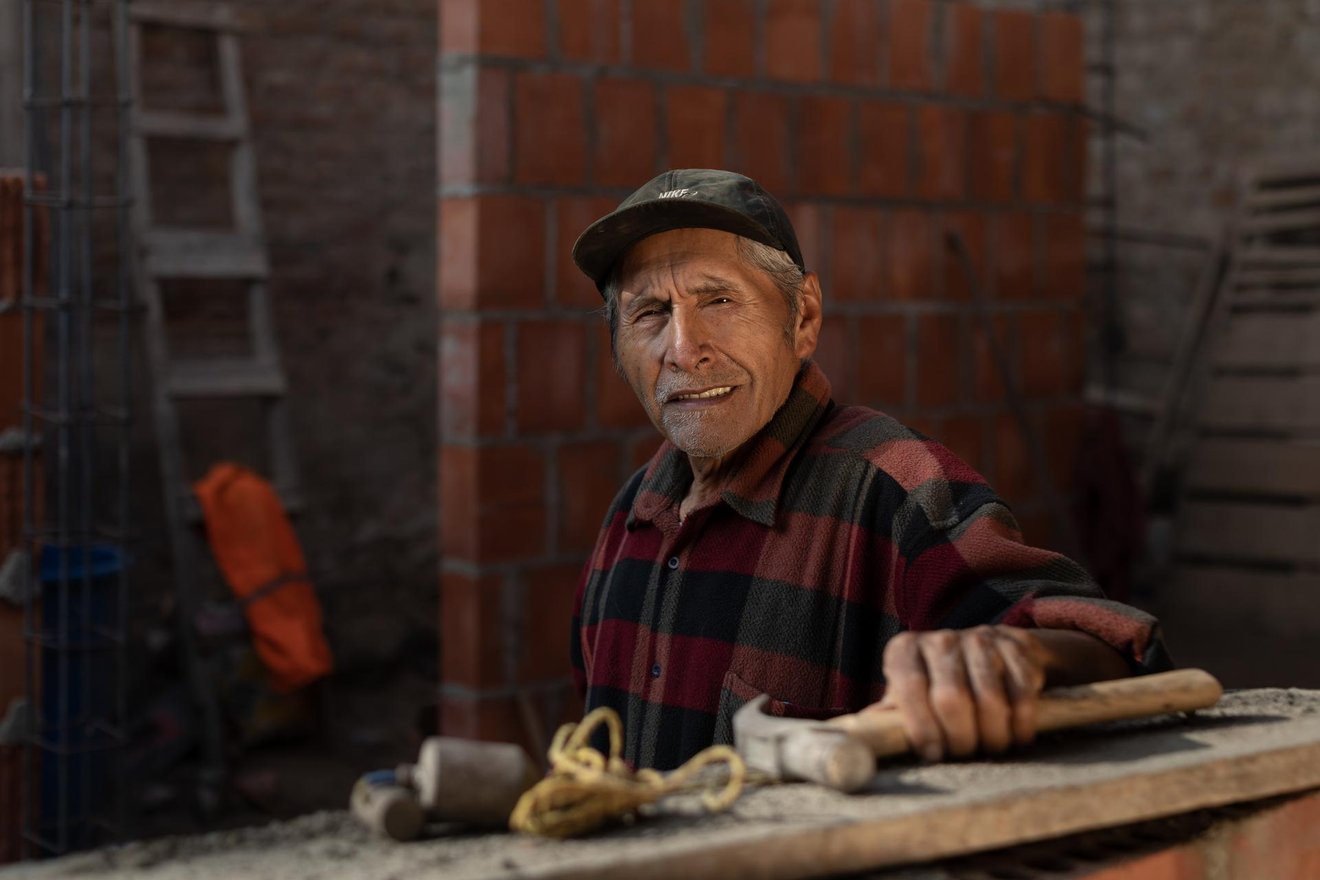
Antonio Pomarino Romero (75) works as a scrapper. His dream for twenty-five years was to have his own concrete house. Currently, thanks to the bonus he received from the Hilti Foundation, he is able to supervise the progress of the construction of his property in Lima, Peru.
Photo: Angela Ponce / Hilti Foundation / Fairpicture
Images are more than illustrations. They dominate today's communication streams and shape the perception of our time. Images are powerful, and those who communicate with them bear a special responsibility. The concept of fair photography and fair videography is therefore not just a trend. It’s about acting responsibly in an industry that is powerful and has a wide reach. Clichéd images reproduce power relations, hurt and marginalise. Lack of transparency, traceability, and context undermine trust. Violating the rights of those photographed discriminates and threatens their personal integrity and safety. Mainstreaming in storytelling and lack of local ownership in visual content production limit perspectives and leave out diversity. We need fair images to avoid making these mistakes. We need images that use the talents of local image creators, respect the rights of those photographed, protect the interests of those who commission them, build public trust and, finally, call for responsible action.
Images provide access to the social, political and ecological challenges of our time. They convey insights into the necessities of action. But time is short. As a global society, we simply can no longer afford lies, exclusion and other detours. Visual communication can make a contribution so that the global mindset moves from "waiting" to "acting". Those who communicate must take responsibility for what they communicate. No more, no less.
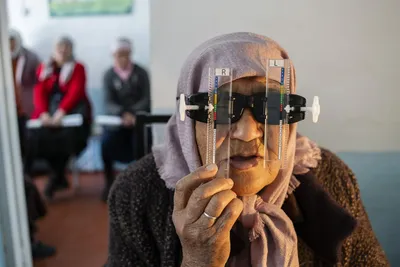
November 2023 - N'Deane Helajzen
Discover how AI reshapes creative storytelling and faces ethical hurdles in our latest post.
Learn more about Navigating Generative AI in Ethical Visual Communication: Opportunities, Challenges, and the Role of Authenticity
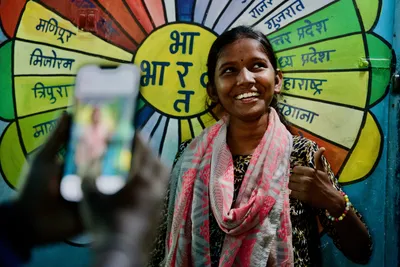
July 2025 - Laura Abad Guerrero
What does ethical consent really look like today in global storytelling? From fieldwork to footage, this article unpacks why traditional consent forms fall short, and offers a clear, practical path to embedding dignity, agency, and accountability into every stage of visual content production.
Learn more about Ethical Consent in Visual Content: A Practical Framework for Responsible Storytelling
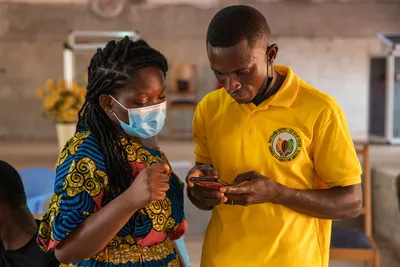
March 2024 - Aurel Vogel
Collecting informed consent for photo and video productions is faster and more secure when using a mobile app instead of paper forms.
Learn more about Informed consent: Why an app is better than paper forms